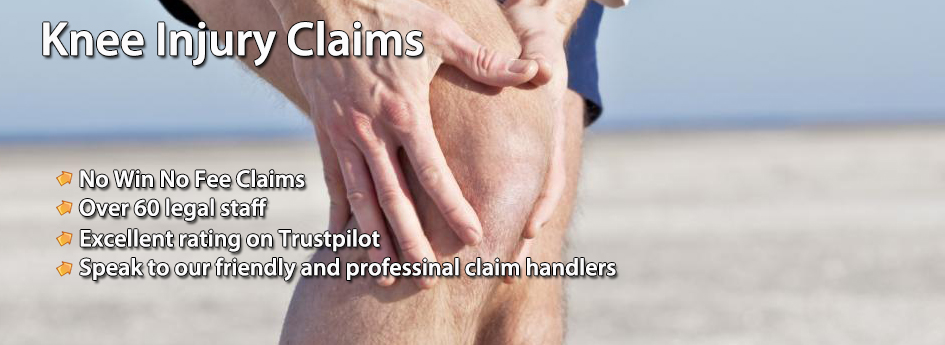“Be kind to your knees; you’ll miss them when they’re gone.” The words from the 1999 song “Wear Sunscreen” were a poignant reminder that our knees are something too many of us take for granted and yet are so easily damaged, leading to loss of mobility and freedom.
In this article, we will look at the ‘pivotal’ role that the humble knee joint plays in our everyday lives and how damage quickly occurs during our activities, which could otherwise have been avoided. In particular, we will discuss how the knee problems can eventuate within the workplace and what you can do if you have been affected.
‘The knee bones connected to the thigh bone.’
The anatomy lesson that is the song ‘Dem Bones’ is correct. In fact there are four major bones that make up the knee – femur, the tibia, the fibula and the patella – and as such there are technically two main joints within the knee, one between the femur and tibia, known as the tibiofemoral joint and one between the femur and patella referred to as the patellofemoral joint.
The human knee is remarkable. It is the largest and most complex joint in the body. According to anthropologist Craig Stanford, “of more than 250 species of primates, only one goes around on two legs,” that being humans. It is the knee joint’s ability to lock which gives us the stability to do this. The ability of the knee to absorb shock means that the kneecap can bear up to five times the weight of the body. There are five large ligaments which work hard to keep the structure of the knee in place, acting rather like large elastic bands to ensure the joint can flex without moving too far one way, or the other.
However, one unfortunate fundamental fact about the knee is that it is vulnerable to injury and degenerative disease.
Injury to the knee is all too common and easily done
The complexity and forces within the knee also mean that they are something of an ‘Achilles heel.’ Damage to any part of the knee, whether bone, ligament, tendon or muscle, can impact the ability of the knee to function, and as a result, your ability to go about your everyday life unimpeded. It is also important to understand that if a knee injury is not managed properly, problems can become chronic and permanent.
Injury to the knee in the workplace can occur for many reasons. Workers who are required to kneel excessively during their occupation risk a condition which is known to many as ‘housemaids knee.’ This is an inflammation of the ‘bursa’ at the front of the knee which can lead to considerable swelling, tenderness, and pain. Poor manual handling technique is also a common cause of knee injury in the workplace; the act of lifting a heavy load in an unsafe manner can mean that the knee is subjected to twisting or other forces which lead to damage. Osteoarthritis of the knee is a further common problem, which is caused by the ongoing degeneration of the cartilage, which in healthy knees provides cushioning between the articulating bone surfaces. As the cartilage wears, bone starts to touch bone leading to loss of mobility and considerable pain. This type of degenerative disease can be made worse by your job if not managed properly.

Can I claim if I have suffered a knee injury at work?
In order to bring a claim for an injury to your knee/s, it is necessary to establish that the negligent acts of your employer directly contributed to the development of the problem. For example, it might be that you were asked to perform a task that you were not trained to perform safely, as a direct result of which you injured your knee. It might be that you have suffered a physical trauma to your leg because of items that were unsafely anchored, a wet surface or protruding elements that were not covered in protective material or accompanied by a safety warning sign. Similarly, if your job means that your knees are subject to regular and prolonged external pressure of friction, which leads over time to progressive knee disease such as osteoarthritis, and it can be shown that your employer did not implement measures to minimise this, you also may be eligible to claim compensation. There are also a number of specific jobs that are linked directly to osteoarthrosis of the knee including coal miner and carpet / flooring installer.
At Russell Worth Solicitors we specialise in personal injury claims. If you have suffered knee damage as a result of your occupation and would like a free claim assessment so that you can understand your rights, please call us now on 0800 028 2060 or complete our Online Claim Assessment.

